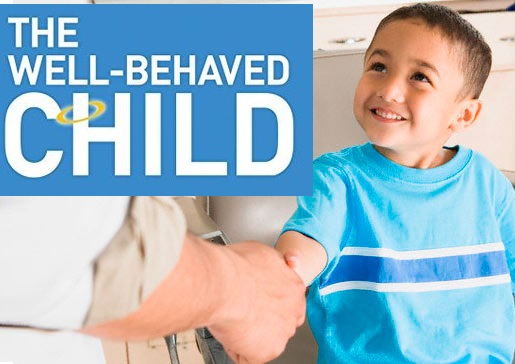“Excuse me Kavya aunty, can I get a napkin?” said the 2-year-old Akshita. Kavya was very impressed by this behavior and equally surprised. As children grow up and communicate with various other people in the society, it is important to imbibe the right way to conduct themselves at each situation. After home, children learn good manners & etiquettes at their preschool & daycares.
Even kids who cannot speak, can learn to communicate by signing words with their hands. While learning to share is a life-long moral for all of us, it’s especially crucial during tender ages between two and four. As rightly said, parenting is not an easy task nor is teaching good manners. Here are a few tips shared by one of the leading preschool and daycare – Ipsaa, when trying to teach your children proper manners
- Use Polite Language – If you want your child to have good manners, you must make sure that you do as well. Always use ‘Please’, ‘Thank You’, ‘Excuse me’, ‘May I’, etc when you are with them. Or where they observe you.
- Age-wise Interactions – It is important for your child to learn to consider the age while interacting with the opposite person. Your little one must know that they cannot talk to their grandparents, uncles, aunts, etc the same way they do with their friends or siblings.
- Make Eye contact – Children need to be taught what’s polite when meeting new people as well as greeting people with whom they are already acquainted. A great way to teach this is through role-playing. Practice making good eye contact, having a firm handshake, and using courteous salutations such as, “Nice to meet you!” and “Good to see you again!” Too often I see parents making excuses for why their child has acted aloof, “Oh they are shy…” The best way to overcome that “shyness” is not by excusing it but rather equipping them with the skills that empower them to overcome it.
- Also, let the kids answer for themselves. Listen to children patiently and let them complete statements for themselves. Listening is important. Let your child finish the story before helping solve the problem. Watch for times when misbehavior has a pattern, like if your child is feeling jealous. Talk with your child about this rather than just giving consequences. The most powerful tool for effective discipline is attention—to reinforce good behaviors and discourage others. Remember, all children want their parent’s attention.
- Do not let kids interrupt – While you are speaking to your friend, your child might think that it is ok to interrupt, beg your friend’s pardon and let your child know that his or her interruption is inappropriate. Though if your child is sensitive, you can have a conversation with him or her in private.
Educating your child about good manners and being polite is all about training them to respect others, themselves and their parents. How important it is to respect other people’s feelings and needs must be taught to them. As they learn to listen more, speak clearly, respect themselves and others, your child’s distinguished behavior will begin to shine forth.
To know more about IPSAA Register Here

